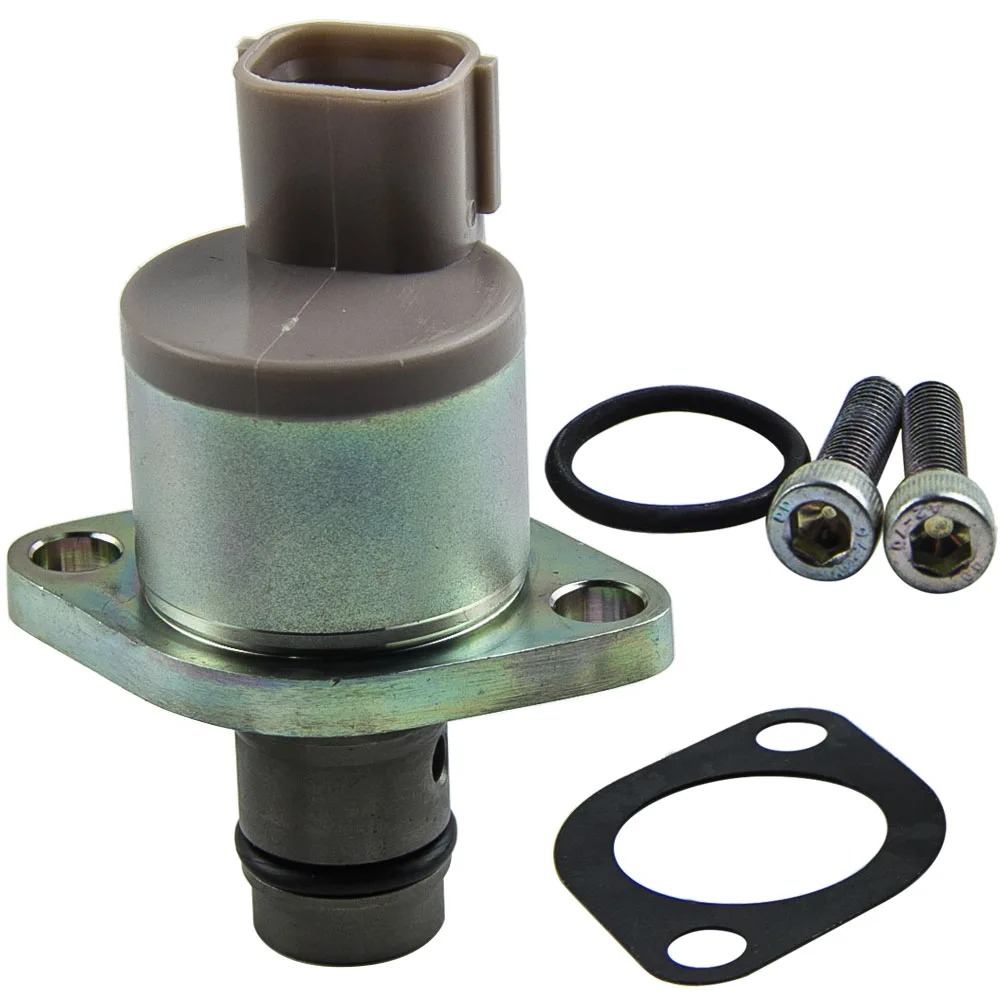Common Suction Control Valve Problems as well as Ways to Prevent Them
Taking care of a vehicle is essential for ensuring its lifespan and optimal performance. One often-overlooked component in this maintenance routine is the suction control valve. This small but important part plays a key role in the engine's performance, affecting fuel efficiency and overall reliability. When issues arise with the SCV, drivers may experience a variety of problems, including rough idling, poor speed, and increased emissions. Understanding these potential issues and how to avoid them can save auto owners time and money in the long run.
In this article, we will discuss common SCV issues that can affect your vehicle and provide useful maintenance tips to help you keep this component functioning smoothly. By being forehanded and informed, you can avoid costly repairs and ensure that your car continues to operate efficiently. Let's examine the key aspects of suction control valve maintenance and learn how to keep your engine performing at its peak.
Comprehending Fuel System Suction Control Valves
Fuel system control valves play a vital role in the operation of a vehicle's fuel system. They manage the flow of fuel and make certain that the engine receives the necessary amount needed for optimal performance. These valves manage the suction pressure from the tank and are critical in controlling fuel delivery, especially in diesel engines. A efficient suction control valve aids in improving the efficiency of the engine and can prevent issues such as fuel shortage and poor acceleration.

When a suction control valve fails, it can lead to various problems, including lower engine performance, stalling, and higher emissions. Drivers may experience symptoms such as trouble starting the engine or a reduction in overall fuel efficiency. In some cases, a malfunctioning valve can cause the engine to run rough or produce unusual noises, which can be troublesome for vehicle owners. Identifying these issues early can save time and money on repairs and preserve the vehicle's overall health.
Frequent maintenance is essential to avoiding common issues with suction control valves. This includes regular check-ups and cleaning to eliminate any debris or foreign substances that may hinder the valve's performance. Additionally, using high-quality fuel and making sure that the fuel system is free from leaks can considerably extend the lifespan of the suction control valve . By being proactive about these maintenance tips, vehicle owners can prevent potential failures and guarantee a more seamless driving experience.
Frequent Issues with Suction Control Valves
A common problem with SCVs is the buildup of dirt and debris. As time passes, contaminants in the gasoline can clog the valve and affect its performance. This can result in poor engine functionality, as the valve is responsible for controlling the fuel flow into the engine. Consistently inspecting and changing the fuel filter can help minimize this issue, keeping the suction control valve stays clear and functional.
A further, common problem is issues with the electrical system. The suction control valve relies on electronic signals to function correctly. If there are any issues with the electrical connections or connectivity, the valve may not function as intended. This can cause erratic engine performance or even stalling. It is essential to check the wire connections periodically for any indications of deterioration or damage to prevent this kind of problem.
In addition, a defective suction control valve can result in engine misfires or reduced fuel efficiency. As time goes by, the parts of the valve can wear out due to heat and stress, causing it to fail in controlling fuel flow efficiently. Regular care, including checking the valve's function and replacing it if necessary, will help prevent these performance-related problems and keep the engine functioning efficiently.
Preventive Steps for Vacuum Regulation Valves Issues
To stop complications with your vacuum regulation valve, routine care of your vehicle is crucial. This includes routine inspections during routine oil replacement, where professionals can check the status of the valve and its connected components. Keeping your mechanism well-maintained and well-lubricated will also assist prolong the longevity of the suction control valve, as contaminants and debris can lead to failures.
Moreover, keeping attention to your vehicle's operation is important. Any symptoms of decreased power, unusual noisiness, or variations in gas mileage could indicate vacuum control valves problems. Tackling these indications promptly can prevent additional damage and expensive fixes. Develop a routine to check your car's error codes if you're experiencing any challenges, as this can give insights into valve-related malfunctions.
In conclusion, using top-tier fuel can make a considerable impact in the longevity of your suction regulation valve. Contaminated or contaminated fuel can lead to residues that may negatively affect the valve's performance. By routinely selecting reputable fuel suppliers and observing your car manufacturer's specifications, you can assist keep your vacuum control valve working effectively.